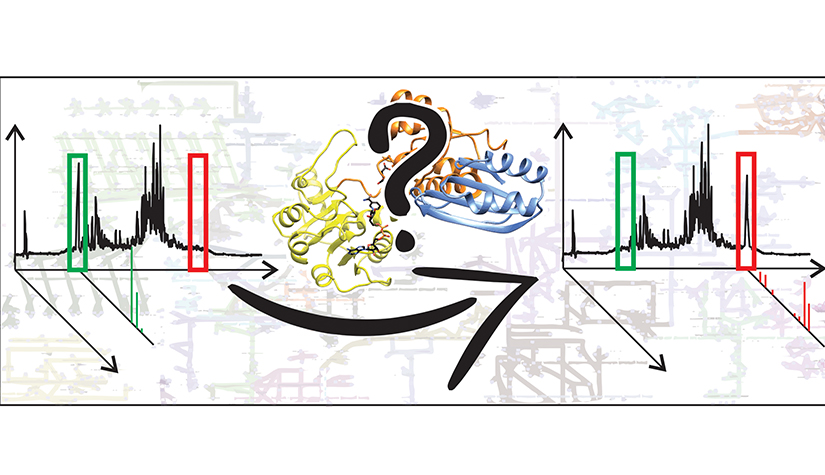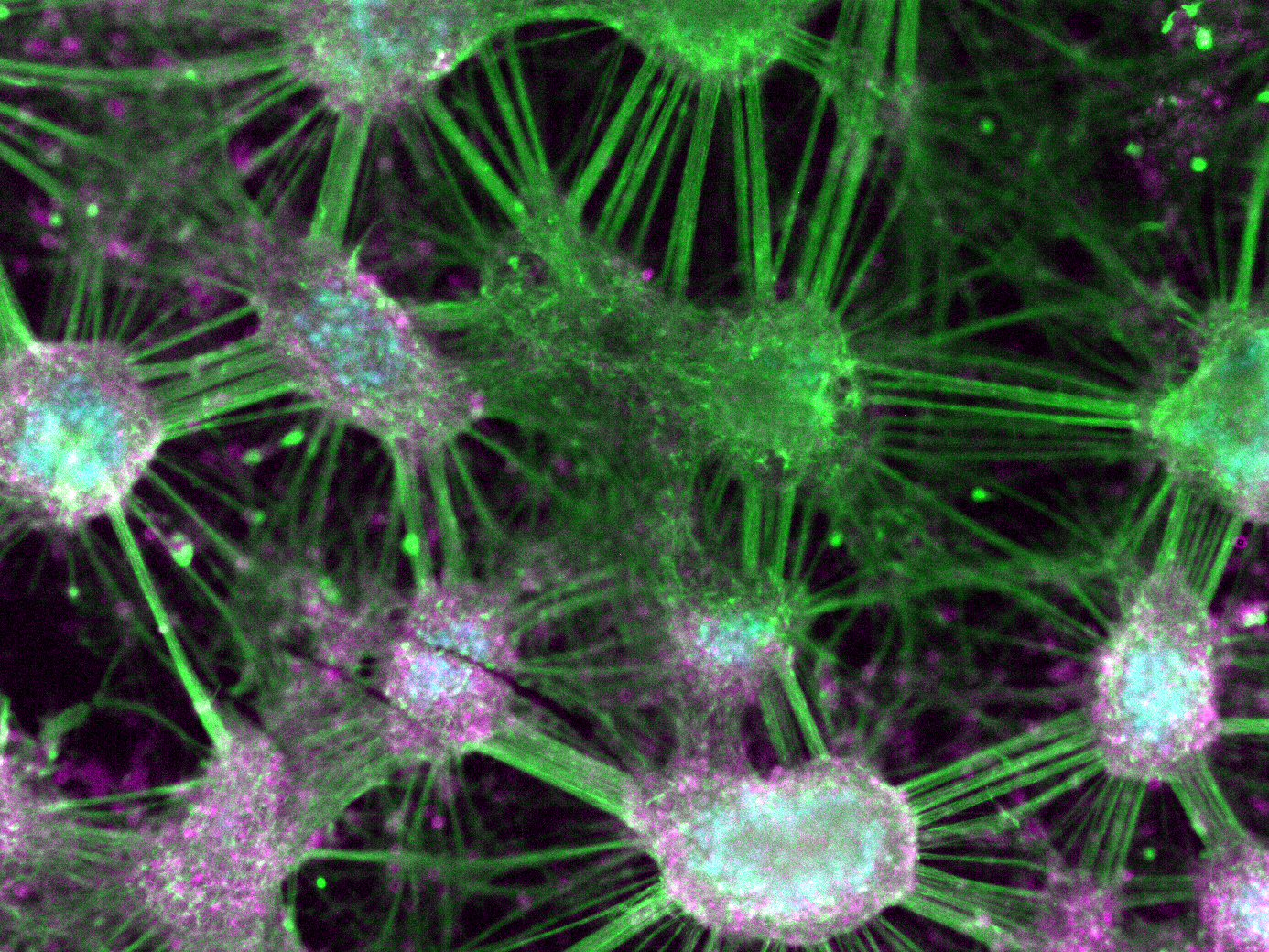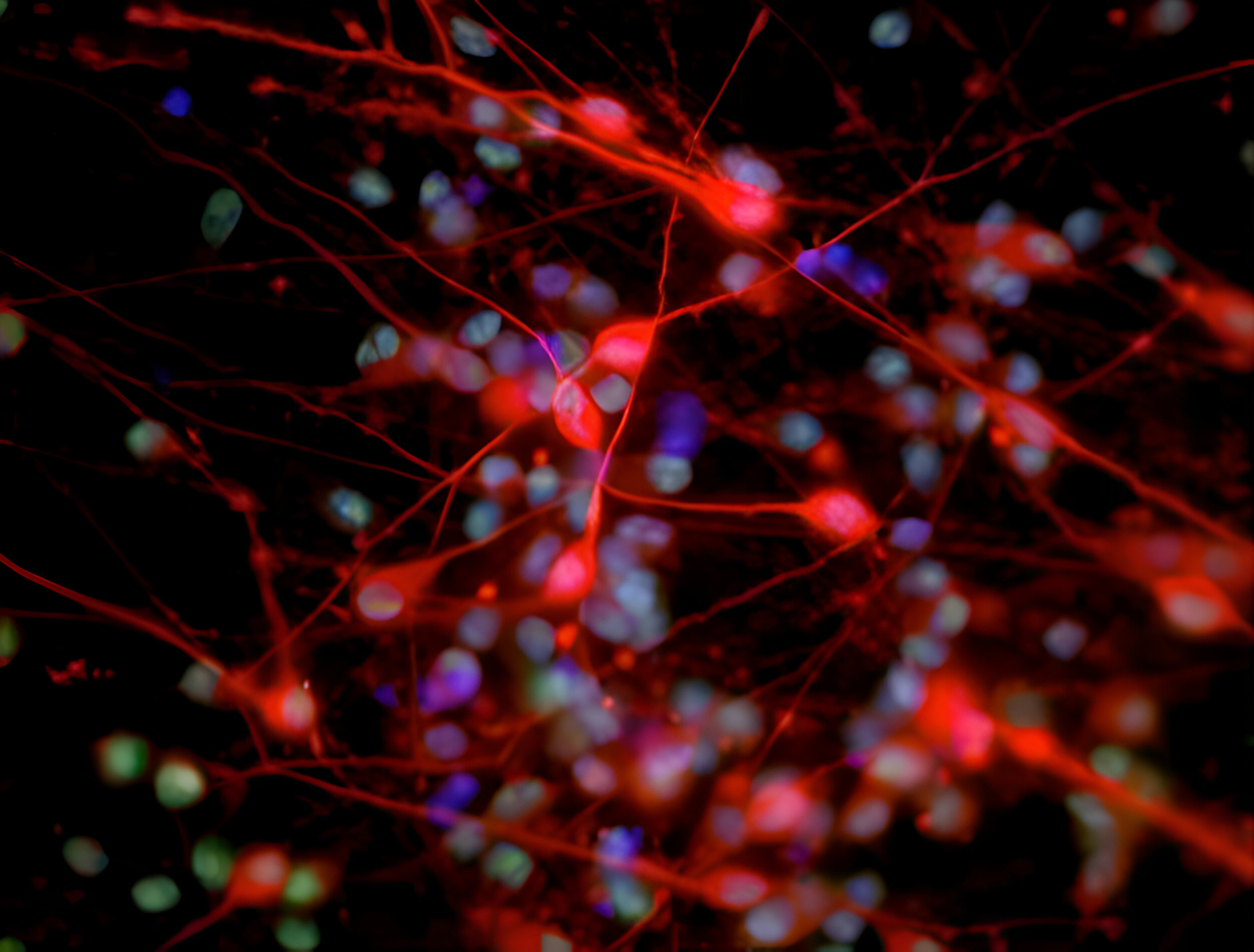About Parkinson’s disease research
Parkinson’s disease is the second most common neurodegenerative disease worldwide, affecting over 7 million people, with around 4,000 living in Luxembourg. Due to the ageing populations, these numbers are expected to double by 2050, making Parkinson’s disease research more critical than ever.
At the University of Luxembourg, our research groups explore the complex mechanisms behind Parkinson’s disease, focusing on the interplay of how genetic, environmental and lifestyle factors contribute to disease onset and progression.
But how exactly they trigger the pathological process in those cells is not clearly understood yet. Ageing and degeneration of dopamine-producing nerve cells that underlie this disease vary significantly across individuals, suggesting also multiple sub-types driven by different disease mechanisms, adding another layer of complexity to diagnosis and treatment.
Our interdisciplinary approach brings together neuroscience, bioinformatics, stem cell research, and clinical practice to uncover disease mechanisms and translate findings into clinical benefits. Researchers at the Luxembourg Centre for Systems Biomedicine (LCSB) collaborate across biology, engineering, and data science, leveraging patient-derived models, computational platforms, and omics technologies.
The National Centre for Excellence in Research on Parkinson’s Disease (NCER-PD), funded by the Fonds National de la Recherche (FNR), is a major collaborative project involving partners across Luxembourg (Luxembourg Institute of Health, Luxembourg Centre for Systems Biomedicine, Laboratoire National de Santé, Centre Hospitalier de Luxembourg), aimed at advancing Parkinson’s disease research. More than 1,600 participants joined the long-term cohort studies allowing researchers to identify new biomarkers and at-risk populations for earlier detection and intervention.
Our infrastructure supports all stages of Parkinson’s research, from basic biology to translational medicine. This includes shared platforms for aquatics, bioimaging, bioinformatics, disease modelling, genomics, metabolomics, and rodents – all located on the University of Luxembourg’s Belval campus.
To improve the therapy people with Parkinson’s disease already receive today, the ParkinsonNet Luxembourg network was established in 2017. This concept for integrated care for Parkinson’s was developed in the Netherlands. ParkinsonNet trains healthcare professionals to treat patients based on international guidelines, and facilitates the information exchange between the different healthcare disciplines. In 2023, ParkinsonNet was further scaled and integrated into Luxembourg’s healthcare system as a “Réseau de compétences maladies neurodégénératives” to provide optimal care for people with neurodegenerative diseases on a national scale.
Through strong collaborations, state-of the-art facilities, and a deep commitment to interdisciplinarity, Parkinson’s disease research at the University of Luxembourg is paving the way toward prevention, earlier diagnosis and better care.
Research takes place at:
Research groups
-

AI Modelling and Prediction
-

Bioinformatics Core
-

Biomedical Data Science
-

Clinical & Translational Informatics
-

Computational Biology
-

Developmental & Cellular Biology
-

Digital Medicine
-

Environmental Cheminformatics
-

Enzymology & Metabolism
-

Gene Expression Dynamics
-

Integrative Cell Signalling
-

Medical Translational Research
-

Molecular & Functional Neurobiology
-

Systems Ecology
-

Translational Neuroscience
